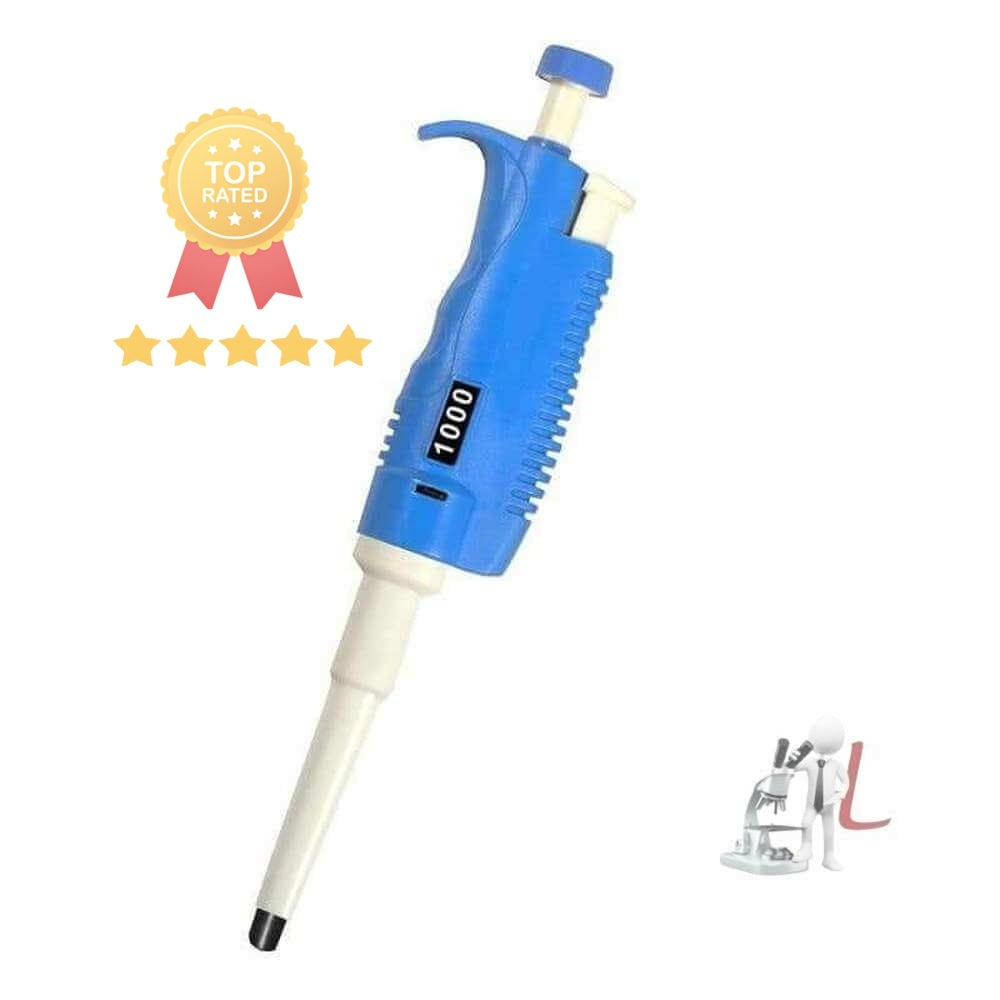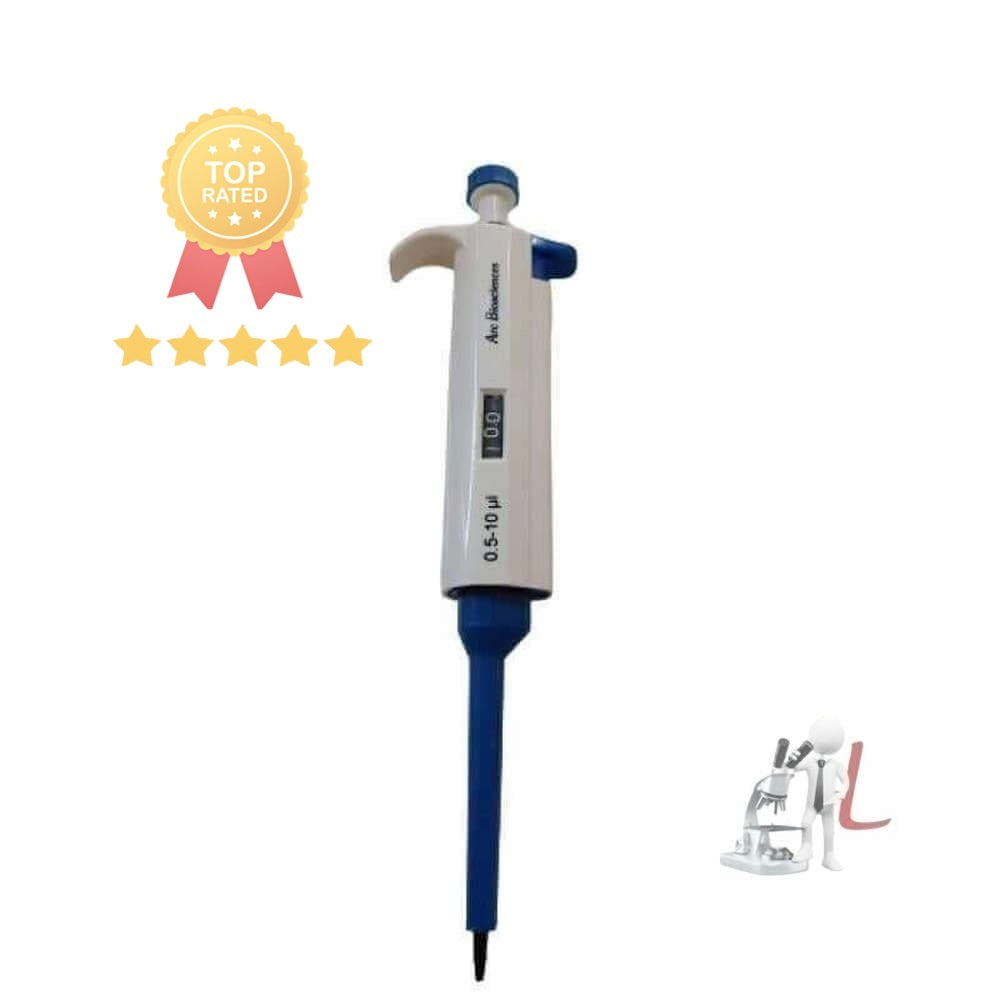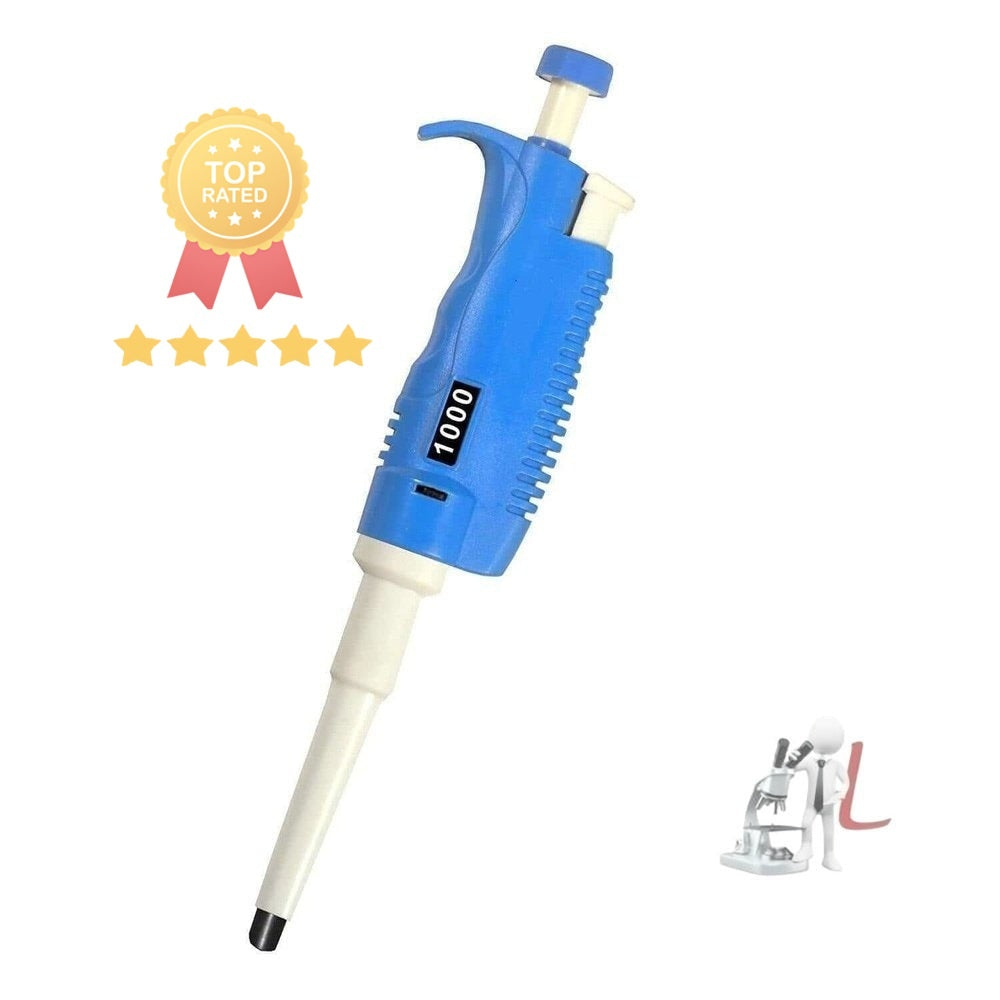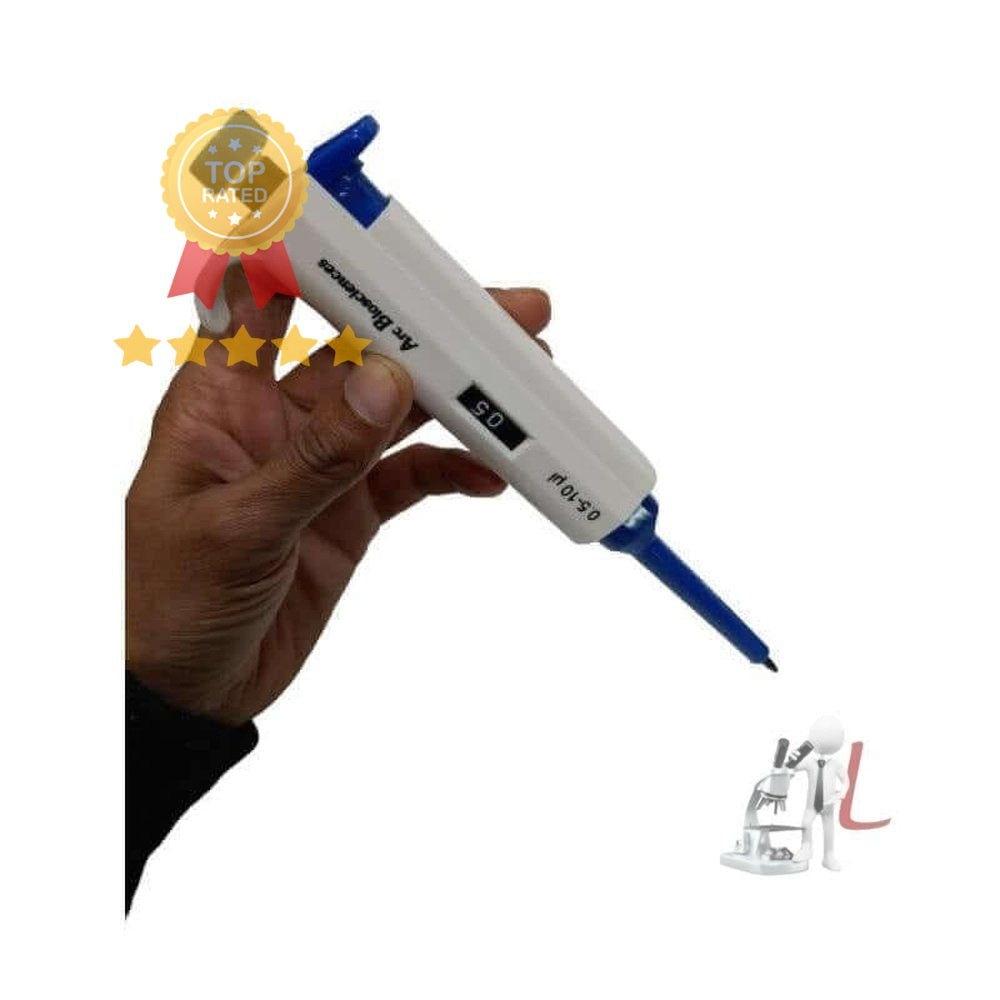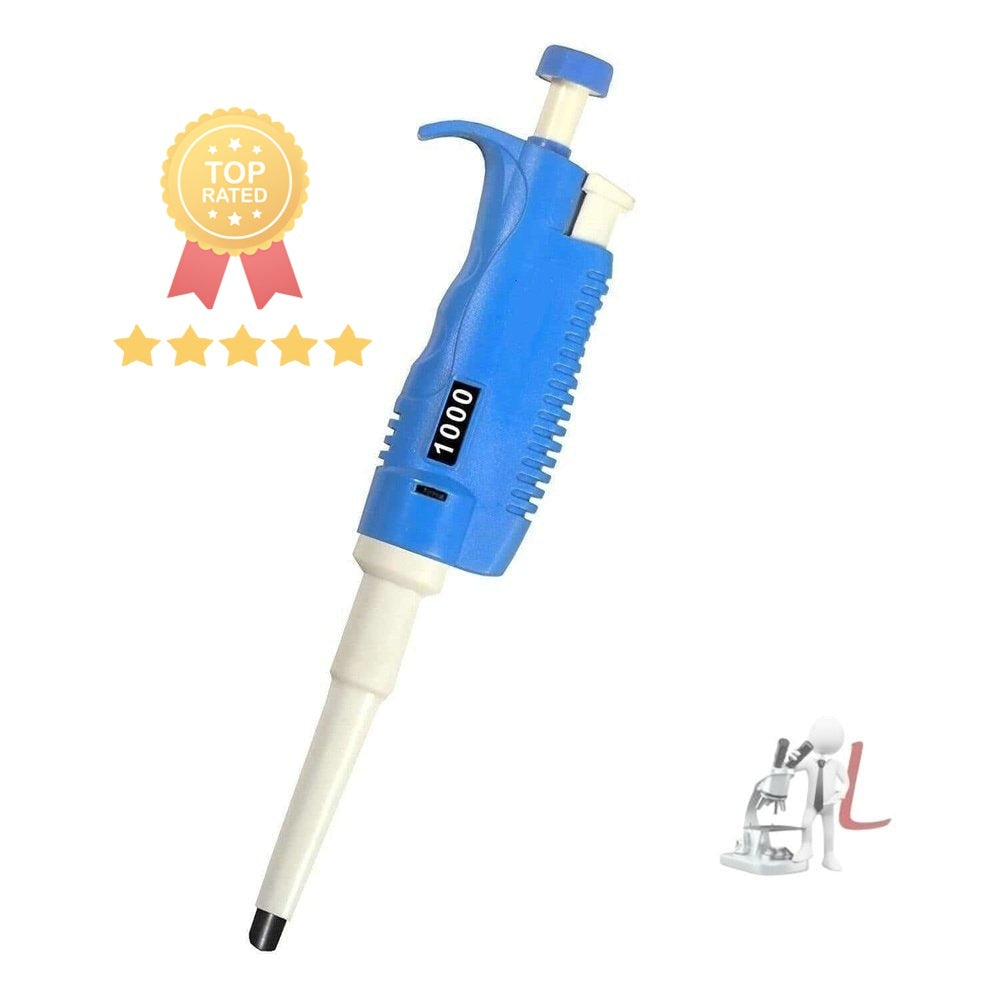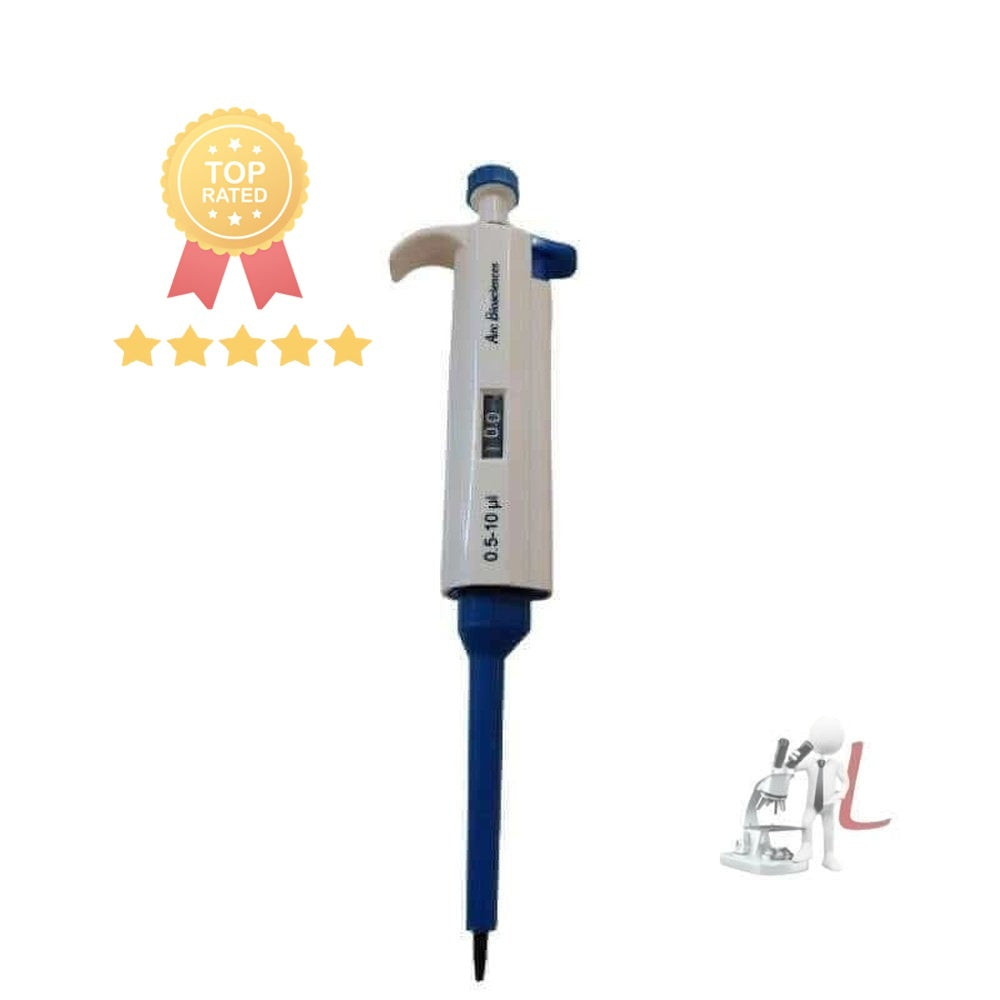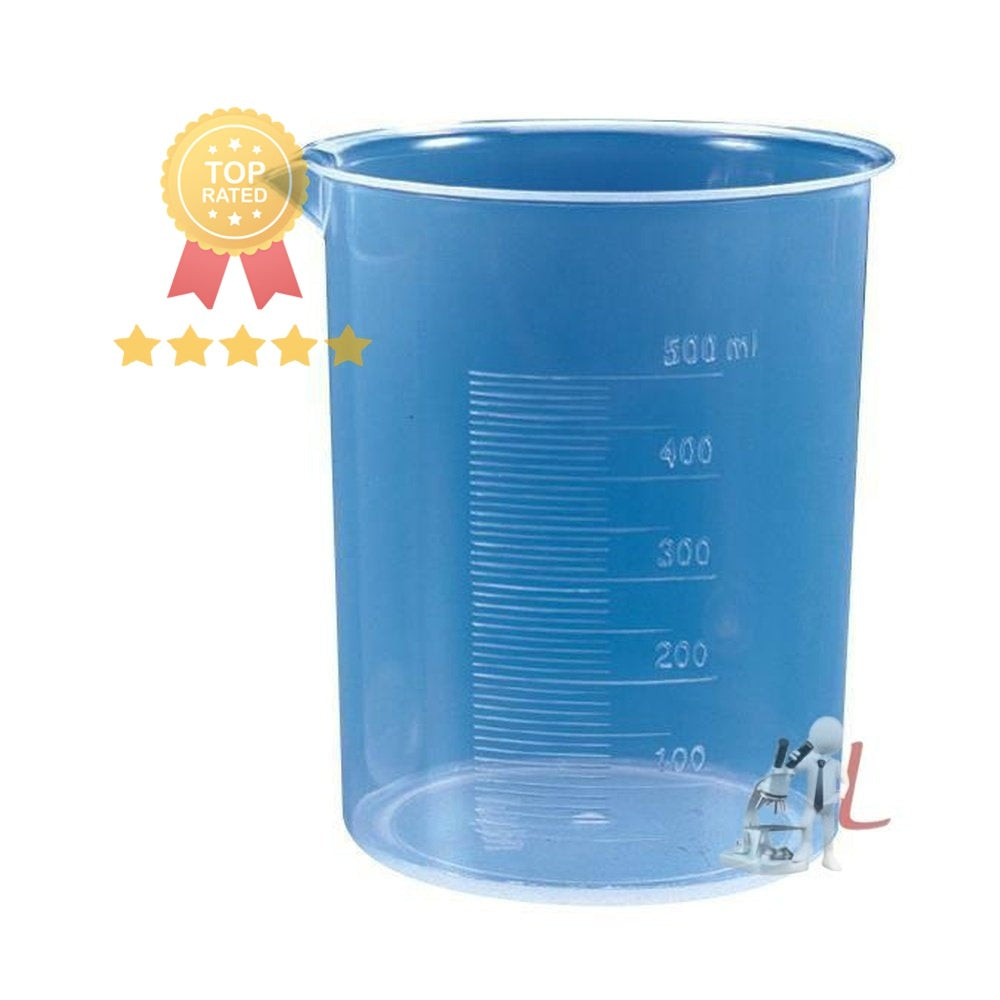Cardiology Lab Equipment
Cardiology Lab Equipment is essential for diagnosing and treating heart-related conditions. In the field of cardiology, the right equipment can make a significant difference in patient outcomes. Cardiologists and technicians rely on various tools and technologies to perform tests, monitor heart health, and conduct procedures with precision and efficacy.
A standard cardiology lab may house several important devices such as electrocardiograms (ECGs), echocardiograms, stress test systems, and Holter monitors. These tools work together to provide comprehensive insight into the heart's function. An ECG, for instance, records the electrical activity of the heart over time, helping detect irregularities that may not be visible during a physical examination. This data is crucial for identifying conditions such as arrhythmias or previous heart attacks.
Another indispensable piece of cardiology lab equipment is the echocardiogram machine. This device uses ultrasound technology to create images of the heart’s structures, revealing information about valve function and heart chamber sizes. Such imaging is vital for diagnosing congenital heart defects and other cardiac abnormalities. By combining two-dimensional, three-dimensional, and Doppler ultrasound, cardiologists can visualize blood flow and pinpoint problem areas in real-time.
Stress test systems are also widely used in cardiology labs. These systems typically involve the patient walking on a treadmill or pedaling a stationary bike while heart activity is monitored. The data gathered during a stress test helps cardiologists understand how the heart responds to physical exertion, assisting in the diagnosis of conditions like coronary artery disease.
Holter monitors are portable devices worn by patients to record their heart's activity continuously over 24 to 48 hours. This extended monitoring period facilitates the detection of intermittent heart problems that an ECG may miss during a brief examination. Overall, each piece of cardiology lab equipment serves a unique purpose in contributing to comprehensive cardiac care.
Moreover, advancements in cardiology lab equipment have played a significant role in promoting patient care. Wearable technology, pacemakers, and life-saving devices like AEDs (Automated External Defibrillators) have transformed the landscape of cardiovascular health management. These innovations not only enhance diagnostic accuracy but also enable timely intervention in life-threatening situations.
As technology continues to evolve, cardiology lab equipment becomes more sophisticated, improving diagnostics and treatment efficacy. Item selection is crucial; healthcare providers must choose devices that meet the latest clinical standards and ensure ease of use. Additionally, regular maintenance of this equipment is necessary to guarantee reliability and accuracy, fostering an environment of trust and confidence in the cardiology team’s abilities.
Healthcare institutions should also consider staff training on the use of new cardiology lab equipment. Proper operation and interpretation of results are vital for optimal patient outcomes. Seminars, workshops, and continuous education play key roles in keeping medical personnel up to date and proficient in using cutting-edge technology.
In summary, Cardiology Lab Equipment encompasses a wide range of diagnostic and therapeutic devices that are critical in managing heart diseases effectively. From ECG machines to innovative diagnostic tools, the array of equipment available today enhances the ability of healthcare professionals to provide timely and effective cardiac care.
Filter
Sort by

